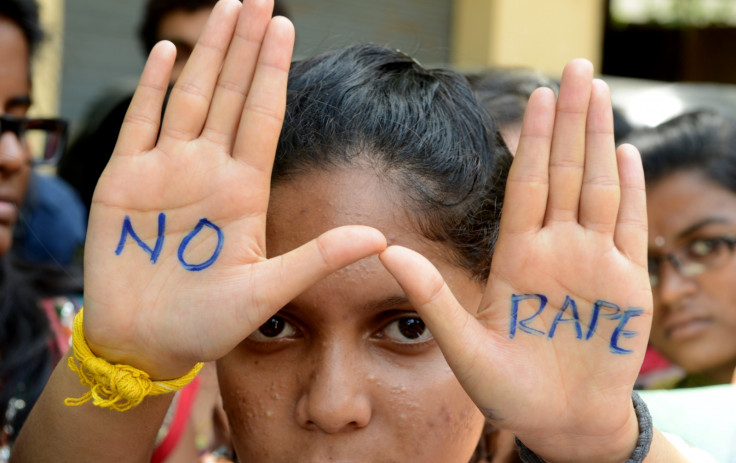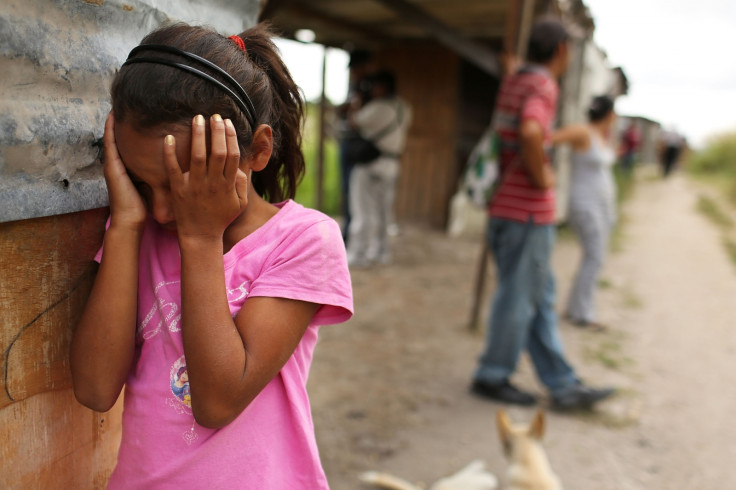Unicef: 120 Million Girls Worldwide Raped or Sexually Assaulted

Over one in ten girls across the world, around 120 million, have been raped or sexually assaulted by the age of 20, the UN children's agency has stated in a report.
Detailing the "staggering extent" of sexual, physical and emotional abuse faced by young people, the document takes data from 190 countries.
The Hidden in Plain Sight Unicef report found that sexual violence was particularly common in some developing countries, with around 70% of girls in Equatorial Guinea suffering abuse. Around 50% of girls experience sexual assault in Tanzania, Uganda and Zimbabwe.
In sub-Saharan Africa, more than 10% of all girls in 13 of the 18 nations in the report said they had been forced to have sex. In several of these countries, around one in five girls reported experiencing sexual abuse between the ages of 10 and 14.
In the majority of all cases, nearly half of girls aged between 15 and 19 who said they had experienced physical or sexual violence had not reported it.
The report highlighted that the abuse was not confined to poorer countries, and that girls in wealthier states said they had experienced "sexual victimisation" by exposure to pornography or harassment.
Anthony Lake, Unicef's executive director, said the violence occurred "every day, everywhere" and "cuts across boundaries of age, geography, religion, ethnicity and income brackets".
Deaths

The report also draws attention to the high numbers of young people murdered every year. Around 95,000 deaths were recorded in 2012, with 13,000 child and adolescent homicides in Nigeria alone.
Several Latin American states were found to have the highest numbers of under-18 deaths. In Brazil, Panama, Colombia and Venezuela, murder is the leading cause of deaths for males aged between 10 and 20.
Lake said of the findings: "These are uncomfortable facts — no government or parent will want to see them. But unless we confront the reality each infuriating statistic represents – the life of a child whose right to a safe, protected childhood has been violated – we will never change the mind-set that violence against children is normal and permissible. It is neither."
Attitudes
Unicef highlighted several troubling global attitudes towards sexual, physical and emotion abuse against children.
Approaches towards such violence and abuse are key to finding out why it is so prevalent, the authors said: "The evidence in this report suggests that close to half of all girls aged 15 to 19 worldwide think a husband or partner is sometimes justified in hitting or beating his wife (or partner).
The report also found that many children are subjected to physical punishment even when adults in the household do not think it is a necessary form of discipline.
Overall around a billion children aged two to 14 are regularly subjected to physical punishment, amounting to six in 10. Severe punishment, being hit hard and repeatedly, is experienced by around 20% of children.
Boys also report experiences of sexual violence, but to a lesser extent than girls.
Six out of 10 children aged between two and 14 are physically punished by carers.
The most common form of sexual violence for both genders is cyber-victimisation.
95,000 children and teenagers were murdered in 2012.
Slightly over one in three students aged between 13 and 15 experience regular bullying in school.
© Copyright IBTimes 2025. All rights reserved.






















